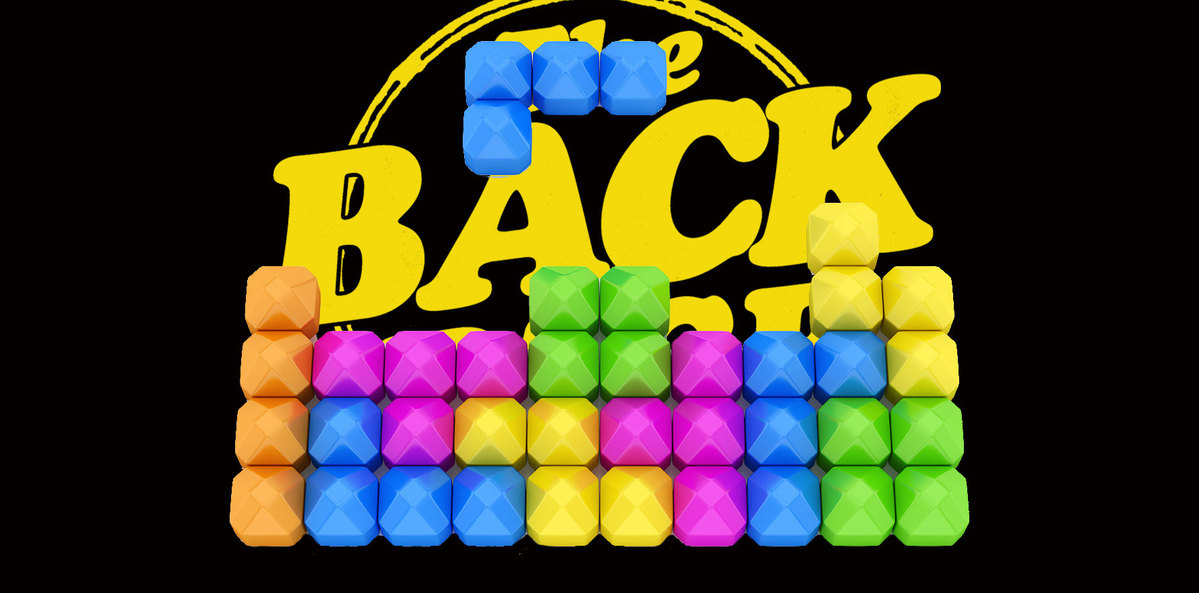The game could be key to preventing PTSD, a study finds, with reduced risk after just 15 minutes of playtime.
As a 28-week-pregnant woman, I spend my days scouring the internet for the perfect technique to make childbirth as pain-free and easy as possible.
Will my salvation be found in this $46 active birthing book? What about this $300 calm birthing course? Hold up, this $400 hypnobirthing YouTube series looks convincing …
So now imagine my delight at discovering I can save my shekels and have a trauma-free birth by simply playing Tetris for 15 minutes!
The budget for lactation courses just got a whole lot bigger.
But how does it all work? Well, the boffins at Lausanne University studied 146 women randomly assigned to either play Tetris or hang about doing a placebo activity for 15 minutes in the six hours following their emergency caesarean section. Women were eligible if they considered their birth to be traumatic.
When the researchers tracked PTSD symptoms over the next six months, they found that rates were significantly lower in those who engaged in the visuospatial task.
That’s because this type of activity interferes with the memory consolidation of traumatic images, which is key to developing the chronic condition, the researchers said.
The findings are yet another piece of evidence to suggest that distracting people from trauma could actually be helpful and, in fact, that giving counselling immediately after traumatic events could wind up making PTSD symptoms worse. There goes yet another famous psychological dictate, and one more reason my psychology major was a waste of time. (Should’ve gone all in on philosophy …)
If the healing powers of vidya are borne out, it could make the world of difference to the one in five women who develop PTSD after unplanned c-sections. And overall rates after childbirth may be even higher if Australia’s ongoing inquiry into birth trauma is anything to go by.
Even better, Tetris or similar distractions could be wielded more broadly.
“We are very enthusiastic because the activity was carried out under the supervision of the midwives and nurses in the maternity units, showing that it can be integrated into routine care,” said study authors Dr Camille Deforges and Dr Vania Sandoz.
“What’s more, it’s short, inexpensive and accessible to anyone, regardless of their native language. It therefore has real clinical potential.”
The disorder is characterised by symptoms that fall into four clusters: intrusions, avoidance of trauma-related reminders, alterations in arousal, and negative cognitions and mood.
Intrusive memories are thought to be driven by an overload of sensory processing, particularly visual, around the time of the trauma. The end result for victims is repeated, involuntary and distressing fragments of the traumatic memory resurfacing.
While scientists are still debating exactly how that process works, the thinking is that interrupting it within a few hours of the event with a neutral visuospatial task can prevent the patient developing those intrusive memories.
And the hypothesis has some backing from other research. Other randomised controlled trials have found intrusive memories were less common thanks to post-trauma Tetris in those admitted to EDs and in those who had emergency caesarean sections in the subsequent weeks.
The next question was whether it actually made a difference to PTSD symptoms.
The Swiss researchers did find that self-reported PTSD symptoms were slightly better in the Tetris group at six weeks, and significantly better at six months.
In particular, playing Tetris significantly improved cognition and mood symptoms and arousal at six months compared to the placebo intervention, but had no effect on avoidance. Those in the placebo group were instructed to keep a written activity log, which included comments such as “being with baby, 10 min” and “lying on my bed, 5 min”.
Despite the Nintendo mums feeling better than their journalling peers, the researchers did not find differences between groups when clinicians assessed the PTSD criteria.
Regardless, that’s all the convincing I need. Dad can do the golden hour, I’ll be over here playing The Legend of Zelda.
Send distractions and means of forgetfulness to penny@medicalrepublic.com.au.


